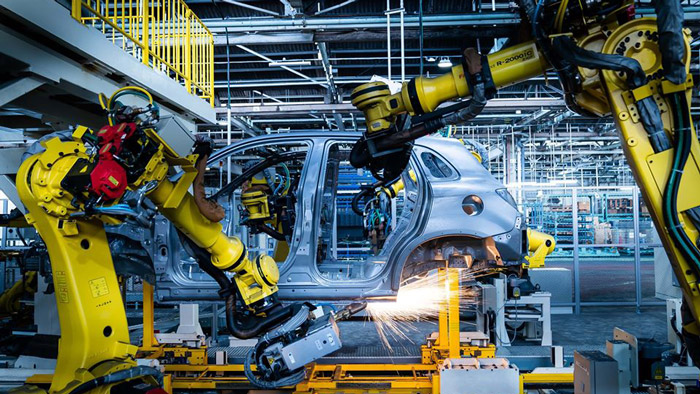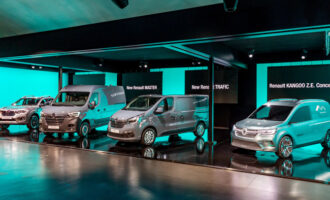
Mitsubishi Motors’ electric vehicle project gets green light from Thailand’s BOI
The Board of Investment of Thailand (BOI) has approved Mitsubishi Motors (Thailand) Co., Ltd.’s plan to upgrade the company’s existing car production line in Laem Chabang Industrial Estate, southeast of Bangkok.
“In face of the unprecedented situation resulting from the virus outbreak, we have taken a range of measures to address the urgent needs of affected business sectors,” Duangjai Asawachintachit, secretary-general of the BOI, said after a board meeting chaired by Prime Minister Gen Prayut Chan-o-cha in Bangkok last week.
The project plans to produce 39,000 vehicles per year, consisting of about 9,500 battery electric vehicles (BEV) and about 29,500 hybrids. The production, to launch in 2023, will supply the local market as well as export to other members of the Association of Southeast Asian Nations (ASEAN).
Mitsubishi Motors (Thailand) currently produces the Mirage, Attrage, Triton, and Pajero Sport in its Laem Chabang plant.
In 2019, the carmaker sold 88,244 units, up 4.4%, in the local market, despite an overall decline in the Thai car market. Last year, Thai car sales declined by 3.3% to 1,007,552 units. Early this year, the company projected the domestic market to decline further to 920,000-950,000 units, while targeting a 9% market share.
Exports last year declined by 3.9% to 332,700 vehicles, of which 284,000 vehicles were shipped as completely built-up units, down 0.9% year-on-year. The remaining 48,200 units were exported as completely knocked-down kits, down 18.6% year-on-year.
President and Chief Executive Morikazu Chokki said last year’s completely built-up volume made Mitsubishi the largest car exporter among Thailand’s domestic vehicle manufacturers.
Mitsubishi Motors (Thailand) is a subsidiary of Japanese automaker Mitsubishi Motors Corporation, which in 2018 produced 1.244 million units globally, 64% of which were sports utility vehicles (SUVs) and only 4% were electric or plug-in hybrid electric vehicles.









